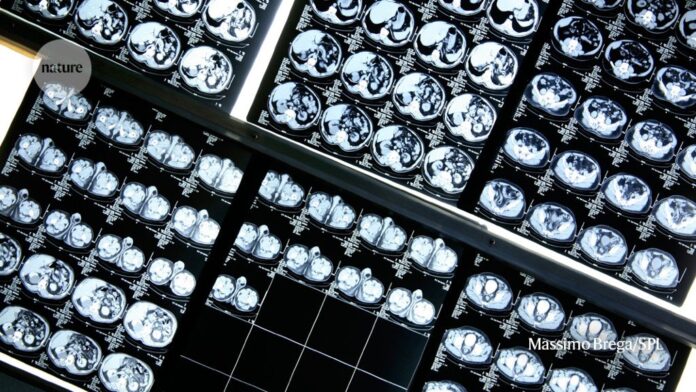An AI revolution is brewing in medicine. What will it look like?
Emerging generalist models could overcome some limitations of first-generation machine-learning tools for clinical use.
Jordan Perchik started his radiology residency at the University of Alabama at Birmingham near the peak of what he calls the field’s “AI scare”. It was 2018, just two years after computer scientist Geoffrey Hinton had proclaimed that people should stop training to be radiologists because machine-learning tools would soon displace them. Hinton, sometimes referred to as the godfather of artificial intelligence (AI), predicted that these systems would soon be able to read and interpret medical scans and X-rays better than people could. A substantial drop in applications for radiology programmes followed. “People were worried that they were going to finish residency and just wouldn’t have a job,” Perchik says.



